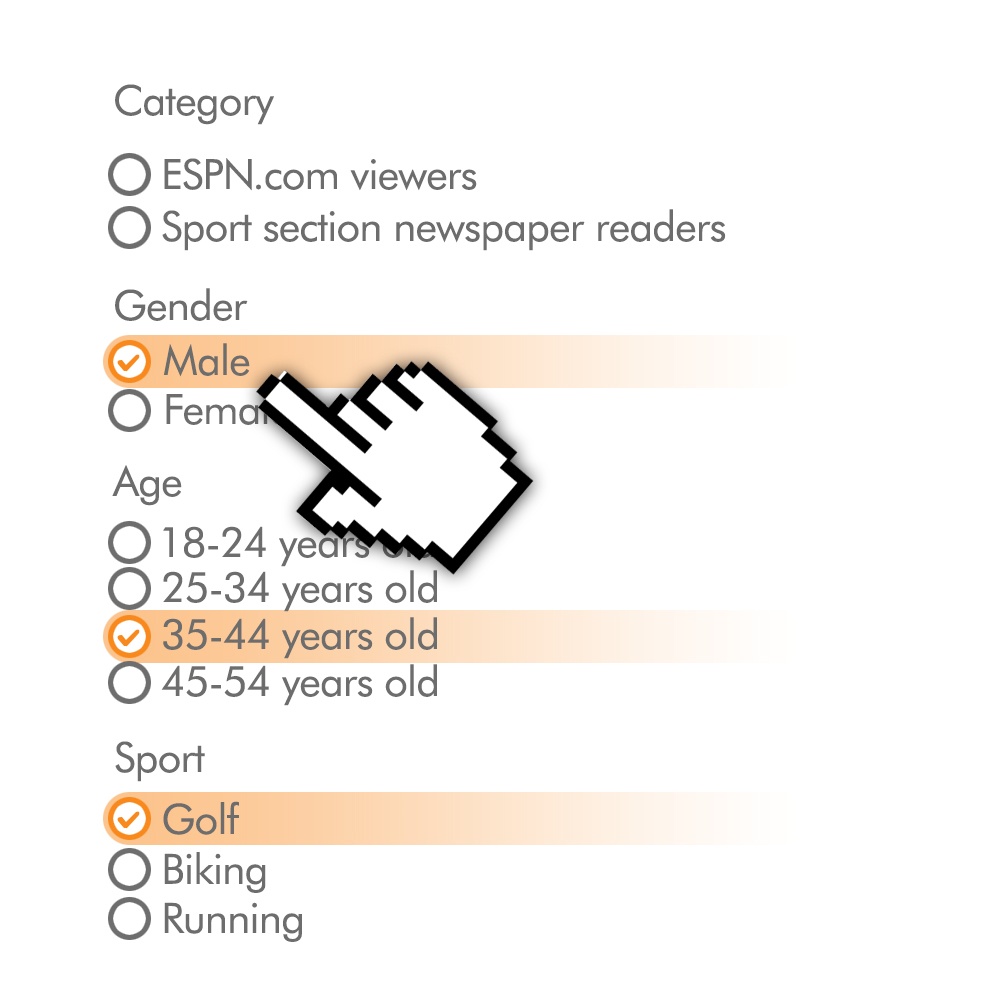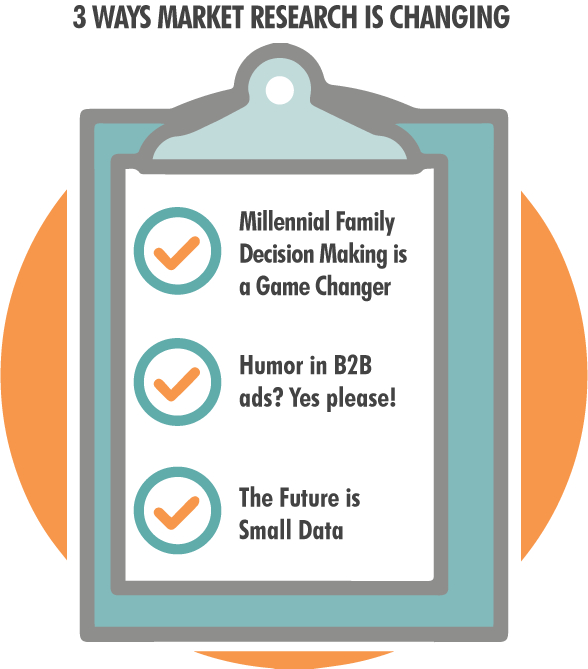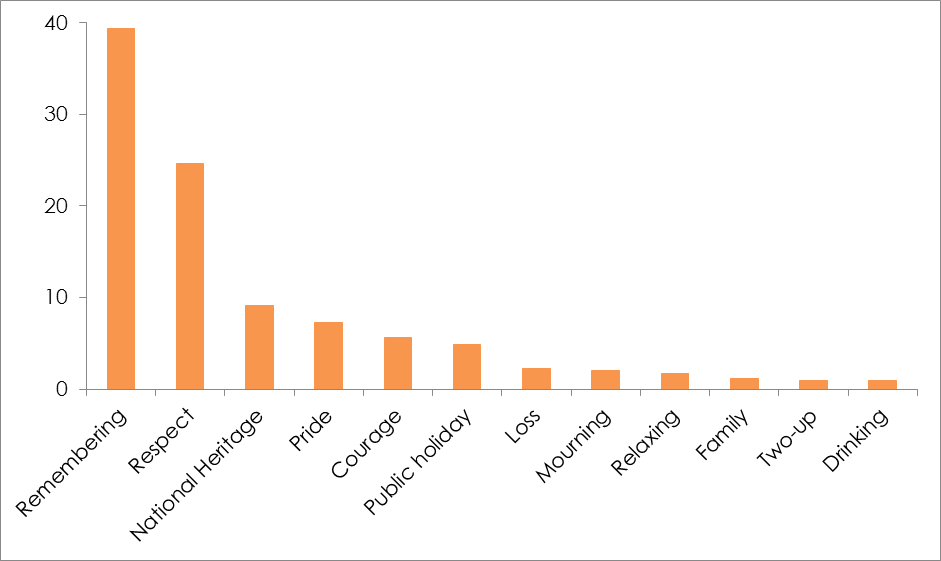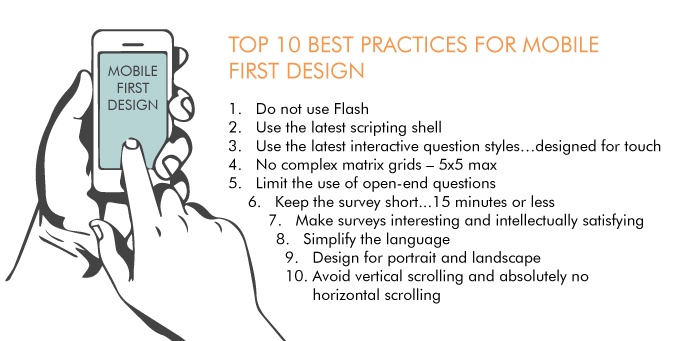I recently had the opportunity to lecture at a class of students in the Masters of Market Research program at the University of Texas Arlington. Despite working for years in an industry where I live and breathe sampling every day, I looked back at my old textbook to see what it said about sampling. I noticed a scribbled note I had taken years ago: “No one thinks about sampling, until it goes wrong!!”
New Orleans Jazz represents a mix of individualism and cooperation - a merger of tradition and progress. It has an emotionally-evocative sound, with the ability to express a full range of sentiments reflecting the city’s rich and sometimes difficult history.
I recently attended ESOMAR Congress as a Corporate Young Professional representative from LiGHTSPEED. Peppered throughout the conference were the sounds and tastes of New Orleans, giving the global market research audience in attendance a sense of New Orleans culture and history while we learned about market research being conducted across the world. One such “sound” was keynote speaker Dr. Michael White, an acclaimed jazz musician and historian. I encourage you to check out some of his work here.
Topics: Market Research, esomar
Often, we overlook the hidden value of marketing research data. We explore how to engage consumers in a long-term, sustainable way, but how do we get more consumer insights with shorter surveys? Our clients demand that we dig deeper, but they are also tasked with the challenge of asking fewer and less tedious questions in the process. By bringing in third party data, we have the opportunity make surveys more enjoyable and engaging while still digging deeper.
Topics: Market Research, data append
Sampling often seems to be an afterthought with clients as many simply state they want a ‘nationally representative sample.’ The question is what does the client mean by a nationally representative sample? One client might think it means representation on age and gender only, while another might expect it to include controls on additional variables like region, income, education, etc.
Topics: Data Driven Marketing, Online Sampling, Market Research
Why Audience Targeting is something Market Researchers need to Familiarize Themselves With
Historically and simplistically speaking, market research is often a tool used to help clients make informed decisions relative to media buying. The typical scenario used to look like this:
Our clients would buy media based on a series of inputs; survey data being just one. If a client wanted to advertise their new sports product, they’d likely purchase an ad spot in the sports section of a newspaper or on ESPN.com. If a second client wanted to promote the upcoming season of their TV show, they might advertise for it on a series of entertainment focused websites. In this model, media content was a proxy for media buying. The decision was likely influenced by several data points, i.e. survey data, viewership information or market trend data. The assumption was if a consumer was looking at ESPN.com or reading the sport section of a newspaper, they may be interested in the first client’s sports product. If a consumer is surfing one of those entertainment websites, they may be more interested in the upcoming season of the second client’s show.
Topics: Market Research, media buying, audience targeting
What Marketing Researchers Can Learn from Digital Marketing: Five Common Mistakes
I recently attended a webinar where Linda West, Director of Digital Marketing at Act-On Software, discussed five common digital marketing mistakes. After hearing what Linda had to say about the five common mistakes, it got me thinking about what we, as Marketing Researchers, can learn from digital marketing. While digital marketing strategies are laser focused on creating value for the consumer, we should have that same focus on our panelists. Panelists are a core part of what we do in the Marketing Research industry, and our panelists are people. These people’s voices and opinions are front and center in how we interact with them.
Topics: Data Driven Marketing, Market Research
ONLINE RESEARCH MYTHBUSTING: HOW DO I KNOW THEY ARE WHO THEY SAY THEY ARE?
The conversation around conducting surveys with online panels rather than face to face or CATI is one that comes up every day for me in South East Asia. Whilst this is an entirely valid discussion, online actually adds ways to ensure trustworthy and valid respondents. In this mini-series, we unlock the truths behind these myths.
Knowing who someone really is isn’t exclusive to our industry. If we look at the everyday world, people can look us in the eye and lie. We filter this, both consciously and subconsciously and take forward what we have confidence in being true. Now back to research. As a student, I had friends who would get calls from focus group recruiters offering them 5000 Rs ($80 USD). The next question would be 'do you like/ consume ‘x’ product?' They would agree to anything to get into the focus group and take the money home, including saying they drank Malibu regularly (I’m not sure anyone can say that hand on heart!) Whilst these recruiters are not a fair reflection of all in the industry, online uses pre-screeners that are far more subtle than this tactic (and far less heavily incentivised, granted) which encourage a level of honesty from the outset.
Topics: Honesty Detector, Online Sampling, Market Research
Your Assumptions are Wrong; Three Ways Market Research is Changing…Again
Change is the only absolute. After all, clichés are clichés for a reason. The marketing research industry itself is always moving, innovating, adapting. We’re reaching audiences in new ways and accessing new data sources to provide insights. There has never been a more exciting (or scary) time to be in the MR field. But what about the base assumptions we have about consumers? What data is important or the best way for advertising to be effective? We live in a changing world, and our assumptions need to change too.
Topics: Data Driven Marketing, Market Research, emerging talent
A study recently conducted by Lightspeed GMI, a leading global online research provider, shows only 54.4% of Australians plan to mark ANZAC Day this year.
Although this is a lower than expected percentage, for those that mark ANZAC day they do so with deep reverence. For 83.6% the day means remembering fallen soldiers, of which 33.3% specifically remember a loved one who fought for Australia and 23.0% remember a loved one who served in the military somewhere else. Just 12.9% see it as a day off work.
Topics: Market Research, Consumer Insights, APAC
Do you think like a respondent?
Poor quality survey design leads to low completion rates, high dropout rates, speeding, suspicious behavior, panel attrition and higher sample costs. Ultimately poor design can lead to bad business decisions. Mobile may finally force better survey design and better-written questions.
Topics: Respondent experience, Market Research, research on research, questionnaire design













